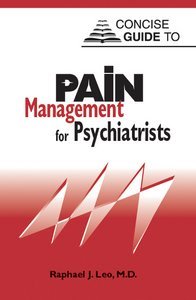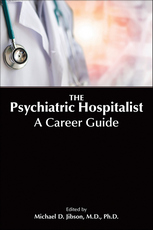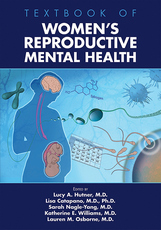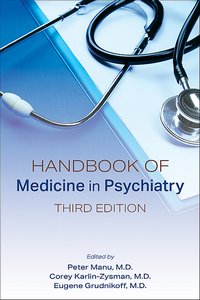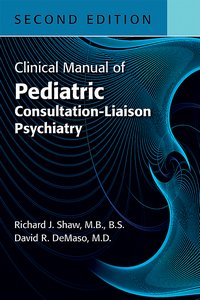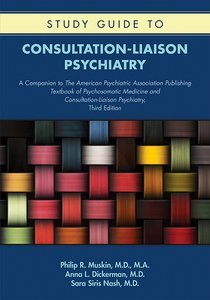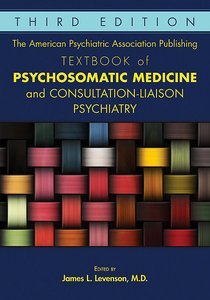Clinical Manual of Pain Management in Psychiatry
View Pricing
Description
While recognizing the multidisciplinary nature of pain management, the Clinical Manual of Pain Management in Psychiatry focuses on the role of mental health practitioners in evaluation and assessment, pharmacological management, psychotherapeutic interventions, and comprehensive treatment planning. It balances theoretical foundations of pain pathophysiology with applied clinical information, providing guidelines to psychiatric differential diagnosis of pain states and psychiatric comorbidities associated with pain and integrating diagnostic and treatment approaches. Because proper treatment requires understanding the whole person, the book views the patient from biological, psychological, and social perspectives. It stresses the importance of examining psychological variables that can limit outcomes and even preclude aggressive interventional approaches. The manual also includes considerations pertinent to the elderly, children, and cultural groups.
This manual expands on the author's previous Concise Guide to Pain Management for Psychiatrists to reflect significant advances in the field of pain medicine. It updates trends in treatment approaches along with our understanding of chronic pain conditions, and presents new knowledge of the biological substrates underlying both pain and psychiatric comorbidities. The manual features particularly extensive revisions regarding the use of psychiatric and other adjunctive medications in pain management, including expanded discussion of long-term adverse effects, dependence, and pseudoaddictive behaviors involving opiates and weak analgesics. It also delineates the use of adjunctive treatments, including evolving data on the use of antidepressants and related medications for patients with chronic pain. Among the its practical benefits, the book
- Features updated coverage of common psychiatric comorbidities such as depression, anxiety, and personality disorders
- Addresses common pain disorders ranging from headache and back pain to pain related to cancer and HIV
- Includes an extensively revised chapter on pharmacology, familiarizing readers with the range of pain medications and providing information on dosages and side effects
- Fully discusses psychotherapeutic approaches, plus adjunctive interventions such as biofeedback and hypnosis
- Covers special techniques such as acupuncture and regional neural blockade
- Offers updated advice on emerging forensic issues, from disability claims to controlled substance diversion
With pain management issues so common in daily practice, this handy portable guide is designed for quick reference, features numerous tables and illustrations, and is easily understandable by less experienced clinicians or non-pain specialists. While written expressly for busy psychiatrists, it is also useful to psychologists, social workers, and other physicians.
Contents
- List of Tables
- List of Figures
- Preface
- Chapter 1. Introduction
- Chapter 2. Sensory Pathways of Pain and Acute Versus Chronic Pain
- Chapter 3. Evaluation of the Pain Patient
- Chapter 4. Common Psychiatric Comorbidities and Psychiatric Differential Diagnosis of the Pain Patient
- Chapter 5. Pharmacology of Pain
- Chapter 6. Psychotherapy
- Chapter 7. Special Techniques in Pain Management
- Chapter 8. Common Pain Disorders
- Chapter 9. Special Populations
- Chapter 10. Forensic Issues Pertaining to Pain
- Index
About the Authors
Raphael J. Leo, M.D., is Associate Professor at the State University of New York at Buffalo School of Medicine and Biomedical Sciences; and is a faculty member in both the Department of Psychiatry and the Center for Comprehensive Multidisciplinary Pain Management at Erie County Medical Center in Buffalo, New York.
Related Products
Carousel Control - items will scroll by tabbing through them, otherwise arrows can be used to scroll one item at a time
